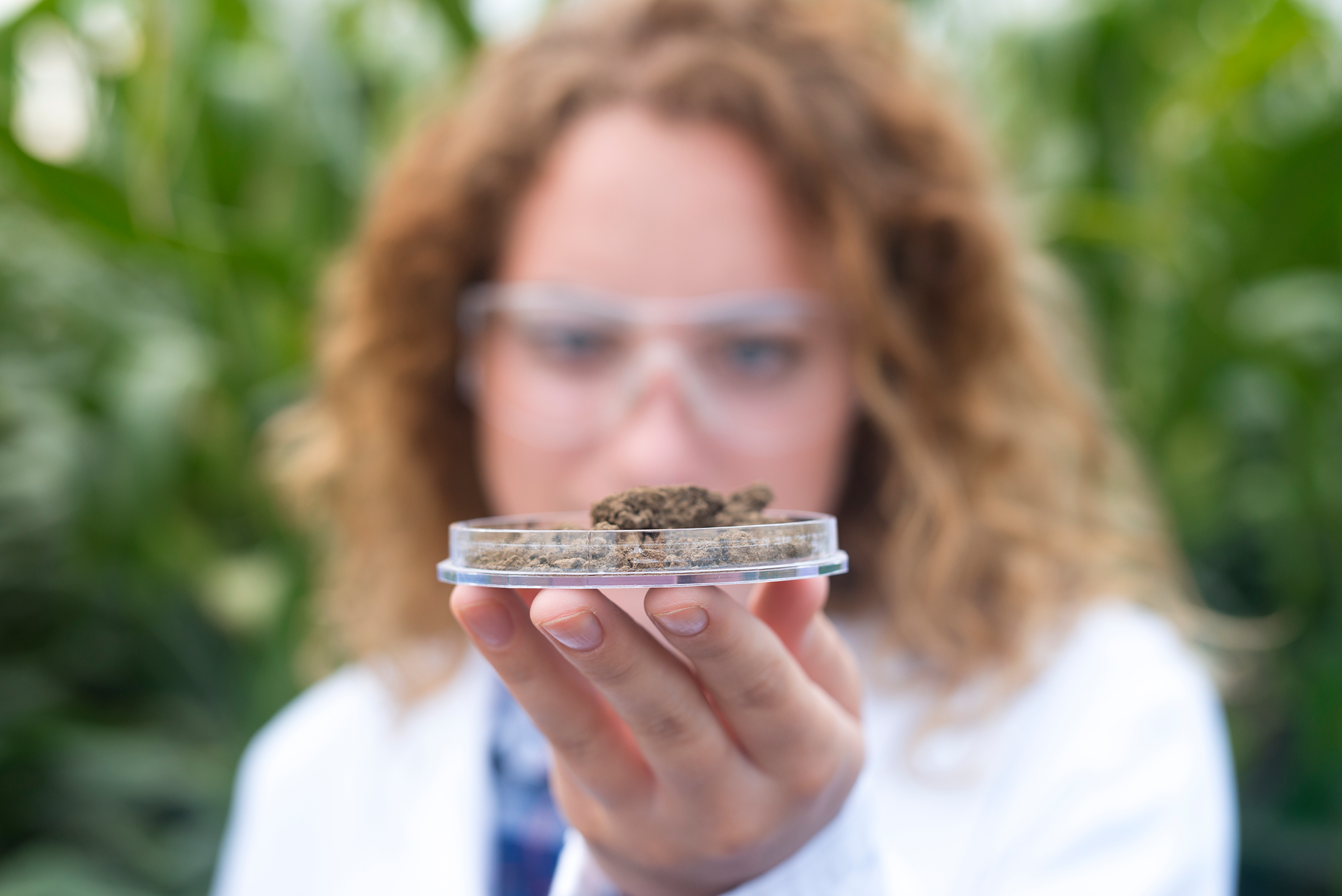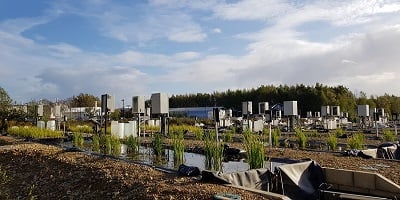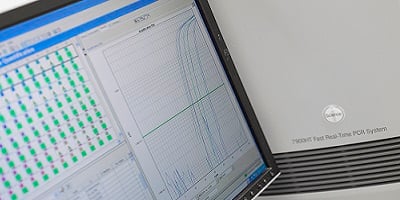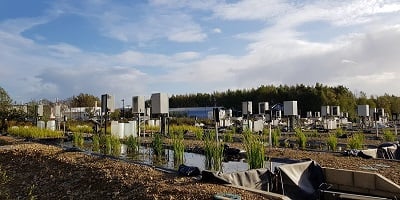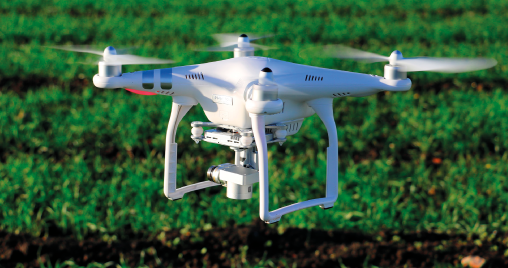To the benefit of business profit as well as the planet and people sustainability underpins the core responsibilities for businesses around the globe.
Corporate Social Responsibility (CSR) is no longer the domain of a dedicated department working alongside the communications and public relations functions. CSR is now at the heart of business, a regular topic on the Board’s agenda, and an absolute requirement as voiced by employees, customers, shareholders, investors and increasingly by regulators. And these stakeholders are demanding hard edged sustainability goals not the ‘nice to have’ photo opportunities with good causes or ‘green washing’ initiatives that fall apart at the slightest scrutiny.
Sustainability demands have given CSR and its close cousin ESG (Environmental, Social, Governance) credentials the teeth, tools and focus for business to craft and continue to build their route map towards a profitable and sustainable future.
“Having a sustainability plan in the business world is no longer a ‘differentiator’ designed to provide standout from the competition,” says Jess Barker, Business Development Manager for Fera’s insect research laboratory. “It is an expected element of core business planning and development, increasingly required to meet corporate and sector regulation but also to influence positively the bottom line.”
59% of Chief Finance Officers included in Deloitte’s 2020 Insight Report into ESG initiatives stated that such investments had a positive impact on the company’s revenue growth, with just over half saying that profitability had improved as a result.
This trend has continued with over three-quarters of the companies responding to Deloitte’s 2022 sustainability survey, and as published in their report, stating that they have to demonstrate to investors how they are sustaining the environment now and, in the future, by ‘actually doing something authentic’. Others go further and say that customers and funders are holding them to account, and as well as long-term goals and targets they are wanting to know what companies are doing now to get to those ultimate goals.
This is where Fera’s insect bioconversion services can help. Its new specialised laboratory, coupled with its expert multi-disciplinary team is geared up to enable producers and providers, right across the food and feed value chains, to implement practical and authentic sustainability plans and processes, centred particularly on their bio-waste streams.
“Based on analysis of organic waste streams originating from field or factory,” explains Maureen Wakefield, lead scientist at Fera’s insect research laboratory, “we can advise on their utilisation in the insect bioconversion process to not only reduce volumes of waste going to landfill and thus lowering GHG emissions, but also in the production of valuable ingredients and products that meet safety and quality standards.”
With an estimated 1.2 billion tonnes of food waste generated on farms every year, as shown in the recent WWF report Driven to Waste, much of which ends up in landfill sites, there is huge potential for insect bioconversion intervention.
“Fera’s insect research laboratory is ready to contribute not only to reducing organic wastes’ negative impact on the environment but also to improving food security by producing high quality protein, chitin, oils and antimicrobials from those waste streams,” says Maureen. “In addition, Fera is continually improving the systems available across the whole sector to test waste products and prove the quality and safety of all products produced.”
Free initial consultations are available to all businesses operating across the food and feed chains which wish to explore their options. For more information on Fera’s insect bioconversion services, including its dedicated three packages of exploration with companies – Reduce, Repurpose and Redistribute, please visit https://www.fera.co.uk/insect-bioconversion-services




